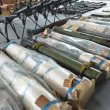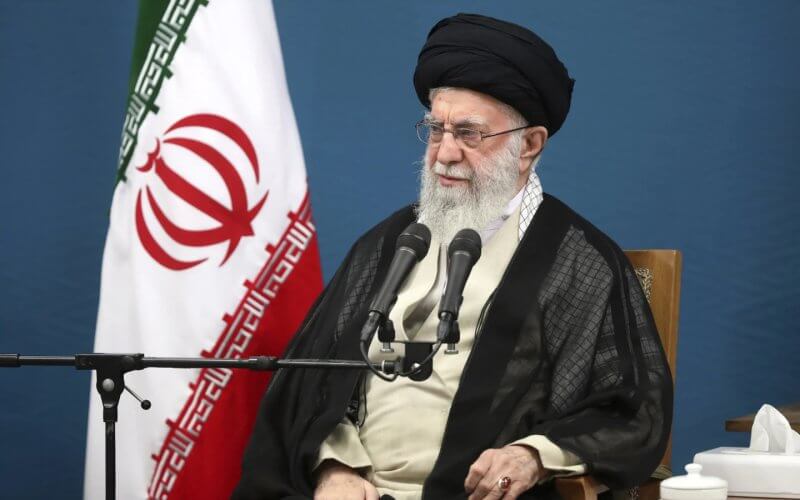The Islamic Republic’s Supreme Leader suggested that he might be open to organizing a new nuclear agreement with the United States.
In televised remarks to the government’s cabinet on Tuesday, Ali Khamenei said, “for our plans, we should not wait for approval by the enemies," while maintaining that it is also “not contradictory to engage the same enemy in some places; there’s no barrier.”
Khamenei was likely referring to the 2015 Joint Comprehensive Plan for Action, a U.S.-led 2015 compact that removed economic sanctions on his regime in exchange for promises to restrict the theocracy’s fledgling atomic program to applications that have only civilian uses.
The accord was ended in 2018 by U.S. President Donald Trump over concerns that it allowed Tehran to continue the enrichment of uranium while removing the financial punishments of being a repressive state sponsor of terrorism.
The autocrat’s declaration comes as newly inaugurated President Masoud Pezeshkian campaigned on a platform of restarting nuclear talks with Western powers to improve the country’s stagnating economy.
Pezeshkian’s administration features Abaas Araghchi, the newly appointed foreign minister and U.K.-educated diplomat who was involved in crafting the previous settlement, alongside Vice President Mohammad Javad Zarif, a predecessor of Araghchi’s and former participant at the nuclear negotiating table.
Although it remains to be seen how much freedom Khamenei will grant his new subordinates, given his absolute power in the dictatorship, his comments could indicate that despite tensions with Washington over the war in Gaza, there is still room for reconsideration.
Some observers have proposed that Khamenei’s sentiments send a message to the U.S. if Vice President Kamala Harris wins the November presidential election. Ray Takeyh, a senior fellow at the Council on Foreign Relations, told The New York Times that the new policy “is essentially establishing the parameters for negotiations should Kamala Harris win.”
Related Story: U.S. Intelligence Blames Tehran for Hack Targeting Trump Campaign










